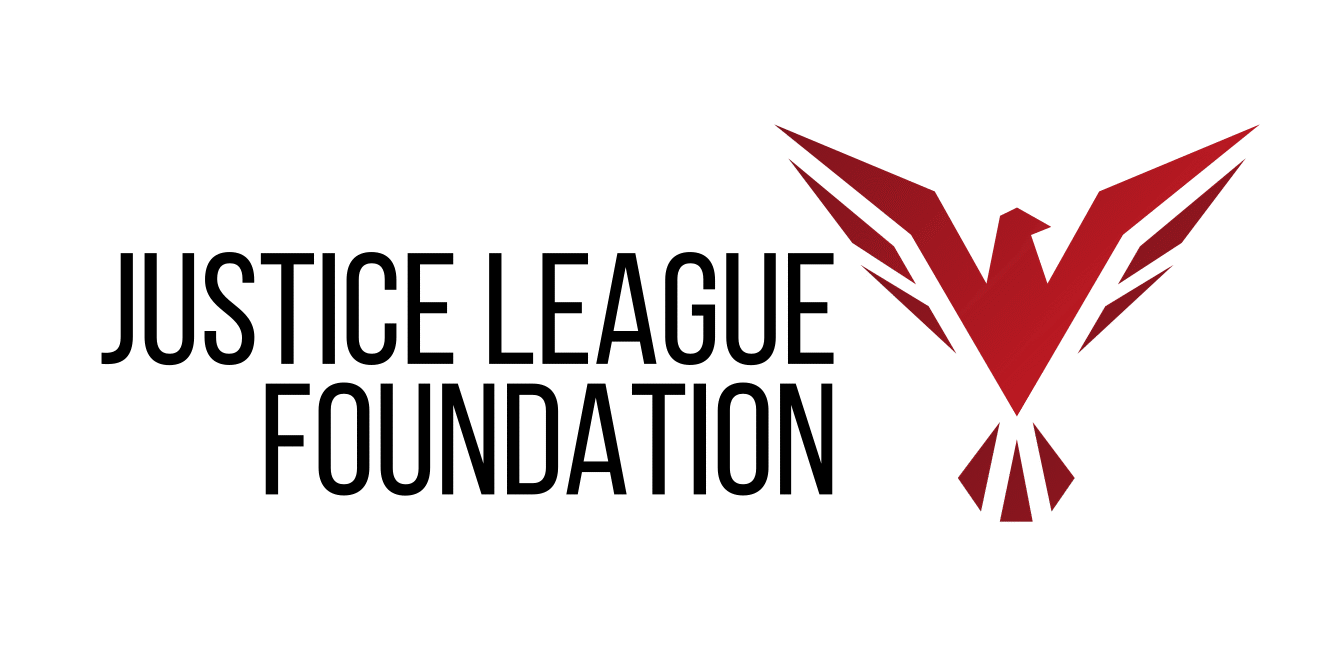Children’s Voices, Missing in Policy
By Justice League Foundation
“Children are not things to be molded, but people to be unfolded.” – Jess Lair
Introduction: The Silent Majority
India is home to over 400 million children, making up nearly one-third of the population. They are the most significant stakeholders in our nation’s future.
Yet, when it comes to creating policies and laws that directly impact their lives:whether it’s about education, safety, mental health, or digital rights:their voices are strikingly absent.
Children remain seen but unheard, their concerns filtered through adult perspectives. In a democracy built on the principle of representation, why is it that our youngest citizens, whose futures are being shaped, have no seat at the table?
Children’s Issues are Children’s Voices
Across rural villages and bustling cities, children grapple with:
- Lack of access to quality education.
- Unsafe schools and public spaces.
- Unreported cases of abuse and exploitation.
- Poor mental health support.
- Rising addiction to unsafe online platforms.
- Legal systems that rarely consider their best interests in family disputes.
Policies are designed for them but rarely with them. As a result, many well-meaning laws fail to address the realities children face in their daily lives.
The Global Standard vs. India’s Reality
The United Nations Convention on the Rights of the Child (UNCRC), to which India is a signatory, clearly outlines a child’s right to participate in decisions affecting them.
Article 12 emphasizes that children should be free to express their views and that these views be given due weight.
Yet, in India, children’s voices are seldom included in national debates. Be it education reforms like NEP 2020 or child protection laws, the discourse is driven entirely by adults.
Why Is This Dangerous?
- Policies lack empathy: Without hearing what a child truly experiences, policies risk being disconnected from reality.
- Top-down solutions fail: Solutions imposed without consultation often don’t work on the ground.
- Silencing future leaders: When we don’t listen to children today, we raise a generation that won’t know how to speak up tomorrow.
Where Can We Start? Practical Steps Forward
- Child Councils: Establish child advisory councils at school, municipal, and state levels.
- Inclusive Policy Hearings: Create child-friendly spaces in public hearings where they can share their thoughts.
- Surveys and Consultations: Conduct large-scale consultations with children on major reforms.
- Empowering Child Rights Clubs: Encourage schools to host clubs that engage with social and legal issues.
- Training Adults to Listen: Sensitize policymakers, teachers, and guardians to respect and value children’s opinions.
At Justice League, we believe that every child matters and every voice counts. Our mission is to amplify these voices through awareness, advocacy, and action.
We urge lawmakers, civil society, educators, and parents:
To see children as partners, not just beneficiaries.
To consult them before deciding what’s best for them.
To create an India where policies don’t just protect children—they empower them.
The Future Is Listening
If we dream of an inclusive, just, and compassionate India, we must start by listening to those who will inherit it. Children’s voices are not a threat to our authority—they are the compass that will guide us toward a better tomorrow.
Join Us
At Justice League, we are working every day to bring children’s voices to the forefront. You can be part of this change.
Volunteer, donate, or partner with us to build a world where every child is heard, valued, and protected.
